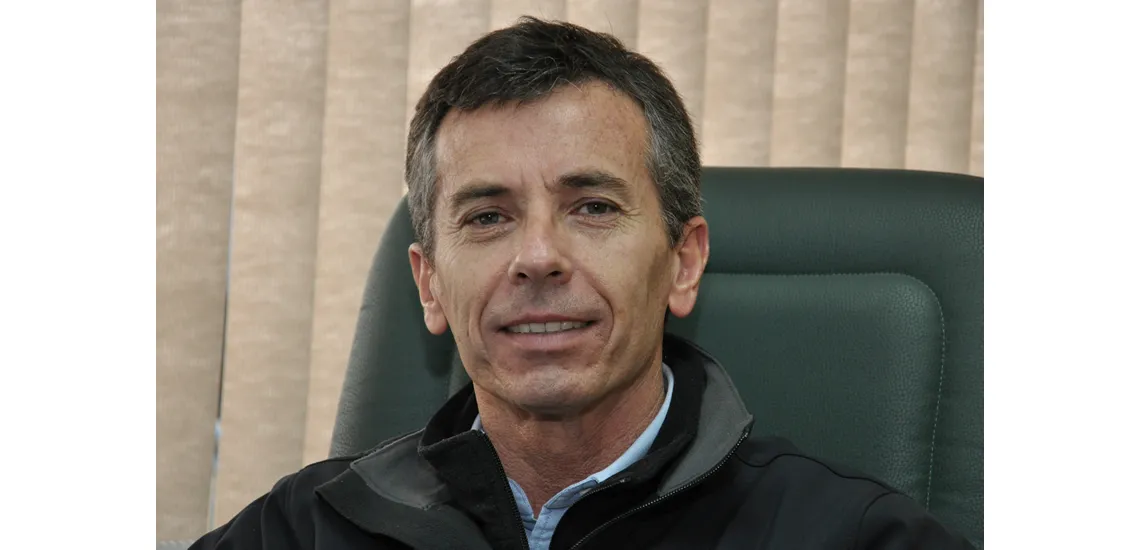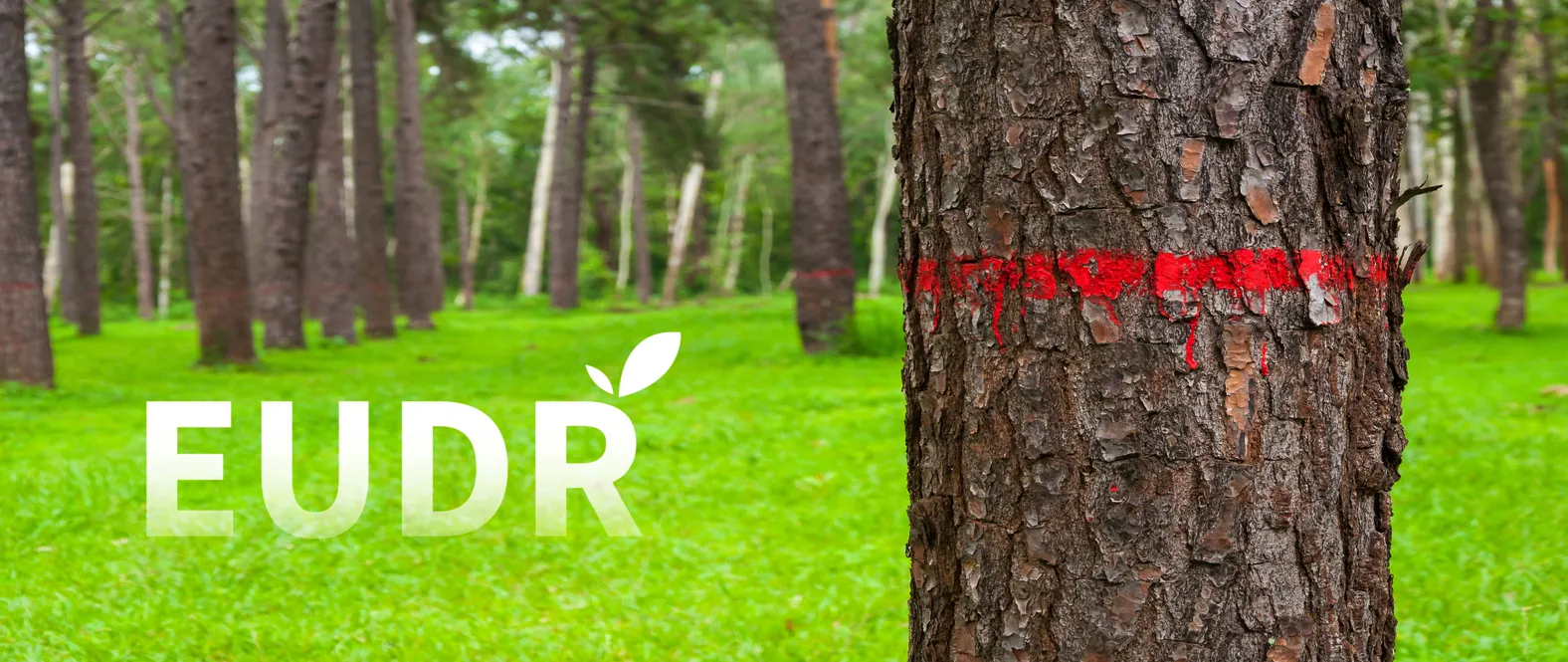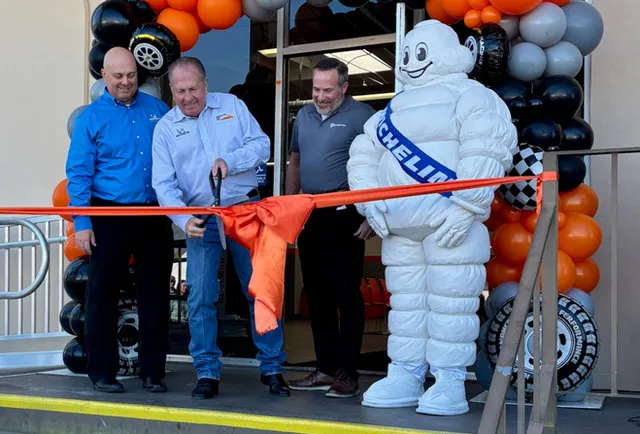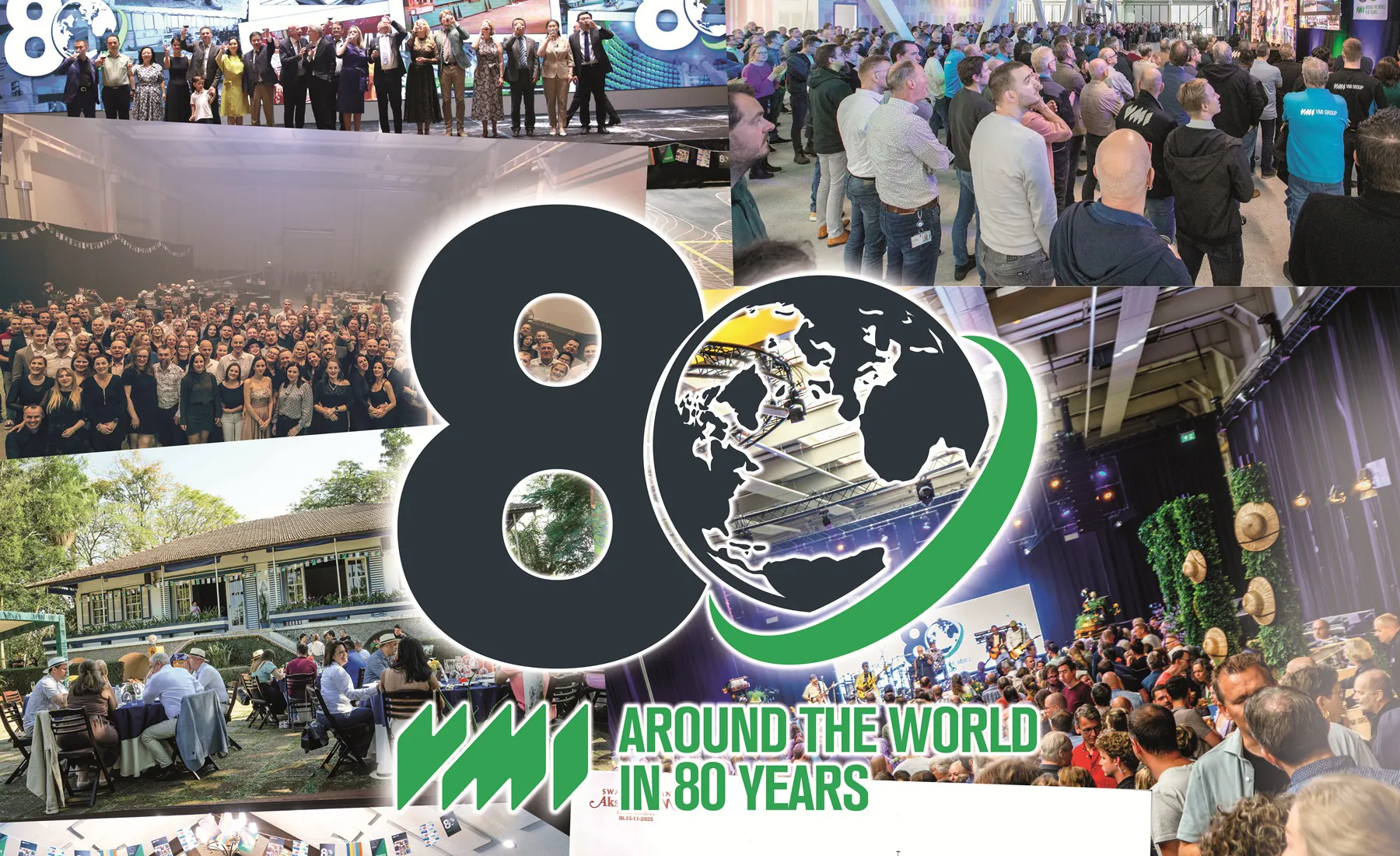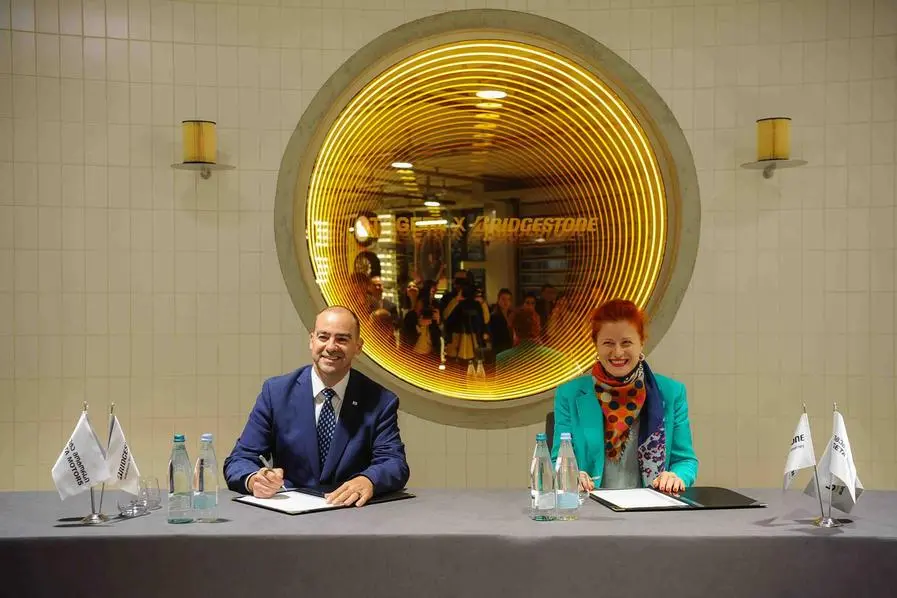Like the rest of the world, Chile in recent years has been dealing with a global pandemic. In addition to the above, we have had a social outbreak that has had a complete impact on the planning, development, and growth of the country. At the same time, we have had to deal with the work of a Constitutional Convention to elaborate a proposal for a new Constitution after an overwhelming approval to change the current one, which finally ended with a Rejection (also overwhelming) of the proposed alternative. Along with all this, the installation of the new government, under President Gabriel Boric, the youngest in the republican history of the country. Everything changes and rolls at the same time! And in the world of tyres at the national level, everything also changes and rolls at the same time…
An Interview with ARNEC’s Eduardo Acosta
The following is an interview with the president of the Chilean Association of Tyre Retreading and Renovation – ARNEC, Eduardo Acosta, on recent developments regarding the EPR Law.
Hello Eduardo, what is your impression of the EPR Law in these times with a new Environment Minister, important changes in the heads of the regulatory body, but with the dates of the official start of the Law next year now fast approaching?
Well, indeed, the implementation of Decree N°8 of the Ministry of the Environment, which sets the collection and recovery targets for tyres, as well as the rules for the operation of the non-profit producer responsibility organisations (PRO) that will enable the EPR Law to be implemented regarding this priority product, are undergoing a difficult test. The deadlines are inexorably shortening, and the market has been advancing in everything that the State has not yet managed to regulate.
How is the market at the moment? Is it already moving?
In the range of tyres for professional use, mainly in the case of cargo and passenger transport, industrial and mining companies, user customers are progressively pressuring their suppliers to take back the end-of-life tyres (ELT) they have previously generated, so that, if they make a purchase of a certain amount of new tyres, they condition that purchase to a withdrawal of the same amount of ELT, even demanding certificates of final disposal or recovery. Although there is still a great lack of knowledge on the part of some customers of the real scope and obligations that the EPR Law brings with it, what is clear is that nobody wants to keep the ELT.
But the EPR Law will soon be in force…
In this context, it will be very difficult to sustain the pressure from the customers to only remove the percentage of ELT established in the decree. The regulation required for the collection centres, with the necessary preventive safety measures, will make a big difference in the costs of this activity. Therefore, it must be clearly regulated, so that there is no unfair competition.
The pressure for the collection of ELT by the customers, during the first years of implementation, will result in a collection greater than the installed recovery capacity.
What about the retreading of tyres?
In this scenario, it is difficult to understand why Chile does not take advantage of a recovery activity such as tyre retreading, which allows the reuse of a potential ELT, extending its use, reducing the consumption of new tyres, and reducing the amount of waste. We have a tyre retreading industry that has a national standard norm (NCh3374:2015), companies already certified and a large percentage of tyres that are not reused, due to the lack of environmental awareness and social responsibility on the part of some manufacturers, users, and transportation principals. As an example of this lack of understanding, we have a state-owned company such as Codelco, belonging to a country that enacted a EPR Law, which promotes the reduction, reuse, and recycling of priority products, which continues to prohibit the use of retreaded tyres to its transportation principals. It is hard to believe!
The EPR Law mandates us to move forward by establishing a hierarchy in waste management, indicating that waste prevention and reuse are priorities. However, the market is not assuming this mandate and is only self-oriented to the already generated ELT.
Should there then be a different approach to our industry?
Just as the State intervened to avoid plastic bags and other single-use plastics, we believe that it is urgent to lead and promote us to avoid single-use tyres in those tyre ranges where reuse is possible, thus complying with the precepts of the circular economy and the EPR Law.

